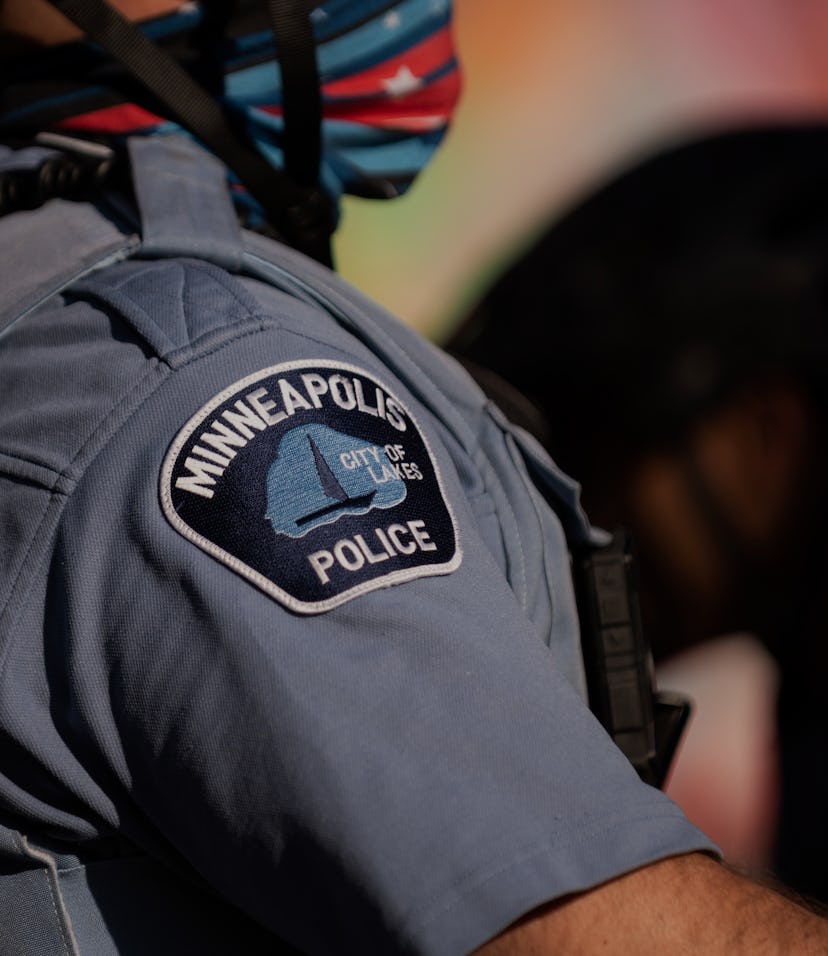Culture
Minneapolis is the latest major U.S. city to ban facial recognition tech
After becoming a focal point for the nation's racial injustices, the ordinance was passed unanimously by the city council.

What has become one of the country's symbols of institutionalized racial injustice and police brutality is now the latest city to ban the use of facial recognition software. According to The Star Tribune, the Minneapolis City Council unanimously passed an ordinance restricting law enforcement and other city agencies' employing programs like Clearview AI.
The midwestern city joins a growing list of major metropolitan areas moving to address public concerns over the controversial surveillance systems, but Minneapolis arguably carries the most symbolic weight at the moment, following months of nationwide unrest spurred in large part by George Floyd's murder while in police custody.
Many other cities are enacting similar legislation — Minneapolis now joins the likes of Portland (both Oregon and Maine), New Orleans (but only after the town's police lied to everyone for years), and others in banning the use of facial recognition tech by public institutions. For years, the kinds of software employed by law enforcement have faced all sorts of criticism, from concerns about its clear racial biases to false identifications to just flat-out dystopian effects on urban planning.
Cops aren't happy, of course — Not everyone is thrilled with the decision to protect citizens' privacy and civil rights, and by "not everyone" we mean specifically the Minneapolis police. In a response statement, the city's police chief, Medaria Arradondo complained about not being consulted by the city council before their vote. "The recent City Council ordinance on Facial Recognition was crafted and approved without any consideration or conversation, insight or feedback from Chief Arradondo," reads the post. "Having the ability to utilize this effective technology to keep our communities safe and have stringent measures in place to protect community members rights [sic]."
It's still a major issue for the foreseeable future — Unfortunately, while local governments can enact protective legislation like Minneapolis, that won't stop the companies crafting facial recognition technology from better honing their products for private entities. As it stands, Portland, Oregon, is the sole city to also ban the tech's usage at a private level. In the meantime, companies are using massive photo databases like Flickr to improve their software, and that's not even taking into account the kinds of issues going on outside the country.
This isn't intended to rain on Minneapolis' parade — today's news is certainly a big step forward. But it's important to remember that the fight for digital privacy is gonna be a long one, and pressure will need to come from both public and private institutions to ensure your rights are upheld.